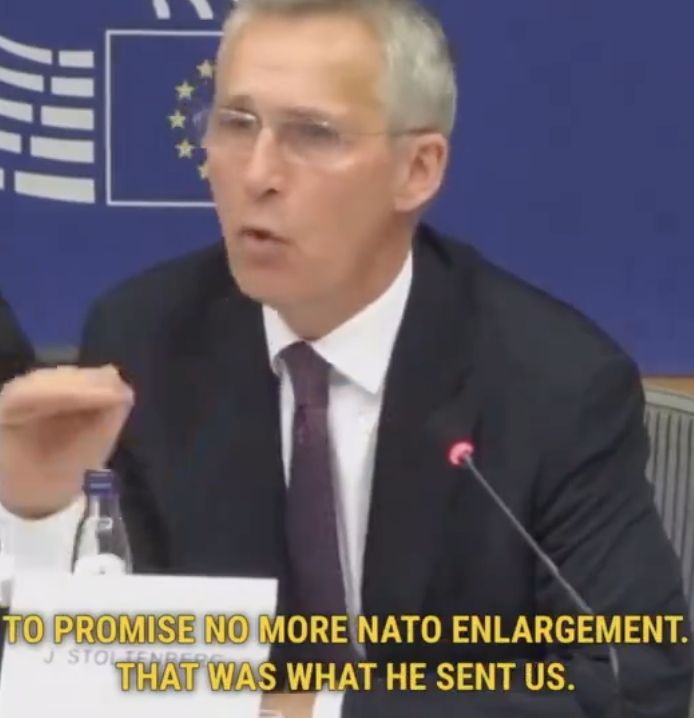The theory that Putin invaded Ukraine because of NATO’s inclusion of new countries is a widely debated topic but one that makes a lot of sense. Many believe that Russia/Putin felt threatened by NATO’s expansion eastward, which they perceived as encroaching on their traditional sphere of influence.
In 1997, NATO and Russia signed the NATO-Russia Founding Act, which aimed to build mutual trust and cooperation. However, NATO continued to expand, and in 2004, it added seven new members, including the Baltic states of Estonia, Latvia, and Lithuania, which share borders with Russia. This expansion was seen by some as a violation of the spirit of the Founding Act.
In 2008, NATO declared that Ukraine and Georgia would eventually become members, further fueling Russian concerns about NATO’s encroachment. Some argue that this declaration, along with the 2014 Ukrainian Revolution that ousted a pro-Russian president, led Putin to annex Crimea and support separatists in eastern Ukraine. Last year, Finland, which borders Russia also became a NATO member. This week, Sweden all joined.
At the heart of the concern in Article 5 of the NATO constitution. Article 5 of the North Atlantic Treaty, also known as the Washington Treaty, is a key pillar of the North Atlantic Treaty Organization (NATO). It was established in 1949 and is based on the principle of collective defense.
According to Article 5, an armed attack against one or more of the member states in Europe or North America shall be considered an attack against all of them. In the event of such an attack, each member state, in accordance with its constitutional processes, will assist the attacked party or parties by taking necessary actions, including the use of armed forces, to restore and maintain the security of the North Atlantic area.
It is important to note that Article 5 does not automatically obligate any NATO member to take action. The response to an invocation of Article 5 is determined by each member state, and the decision to provide assistance is made on an individual basis.
The invocation of Article 5 is not limited to specific territories or potential adversaries, as it is designed to be a flexible and adaptable mechanism for collective defense.
Exactly. Here’s NATO's General Secretary flat out admitting what we're called "conspiracy theorists" for saying—that Putin invaded Ukraine because NATO refused to agree to stop expanding.pic.twitter.com/53pdfyQljZ
— Dave Benner, Nemesis of Neocons (@dbenner83) February 11, 2024
